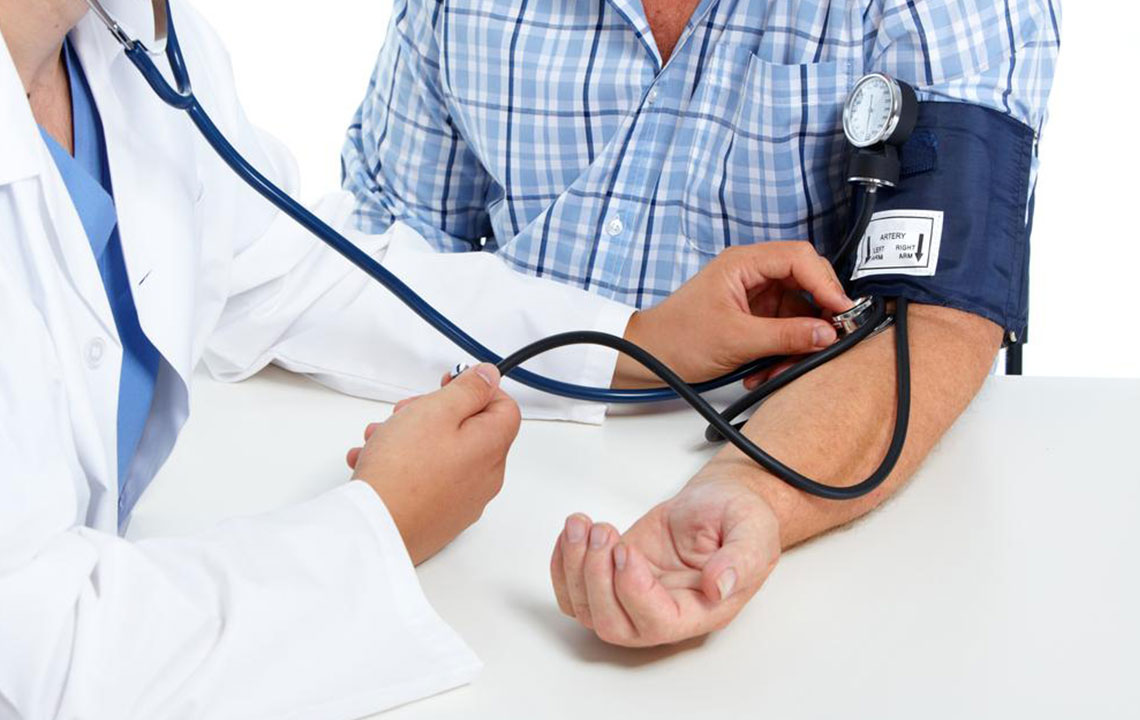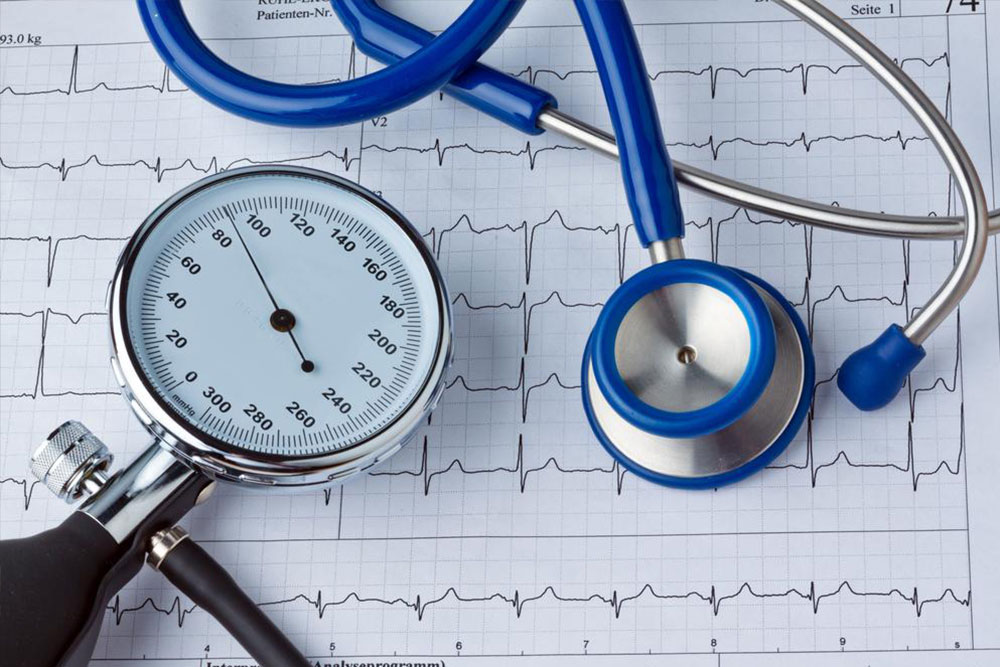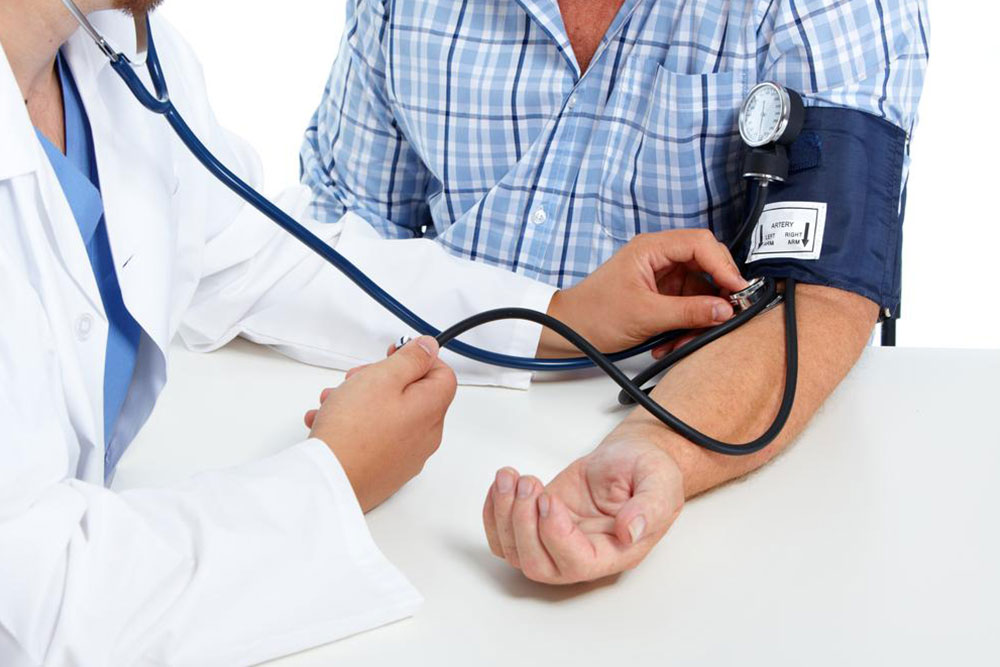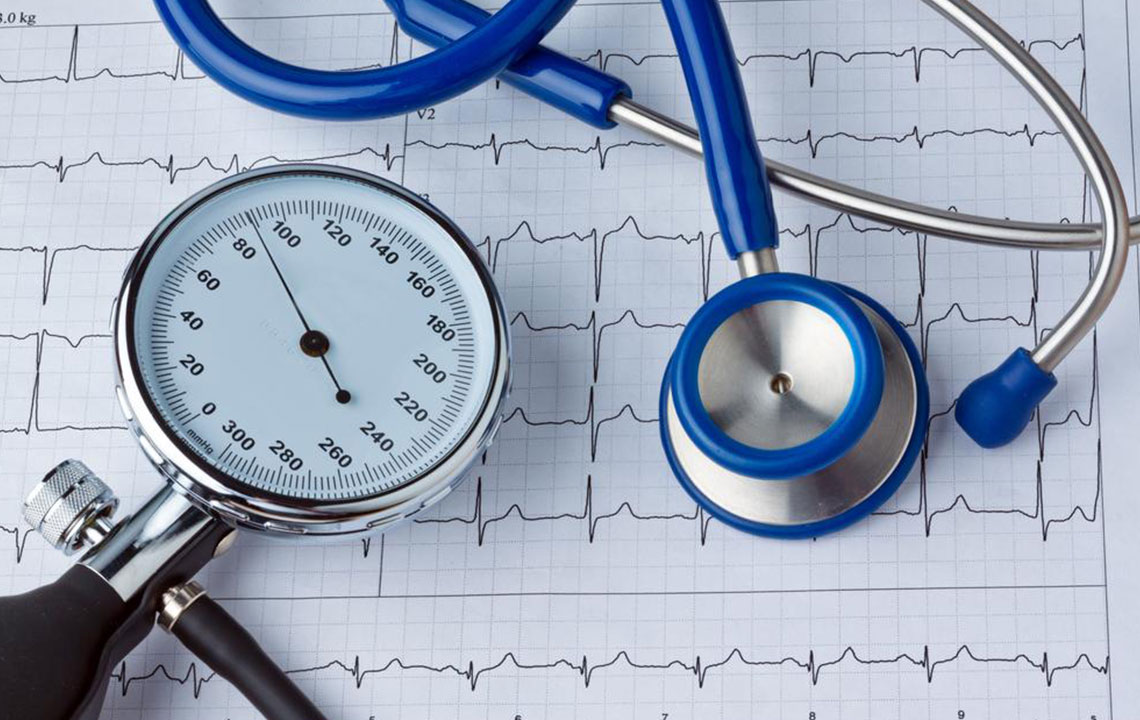Comprehensive Guide to the Risks Associated with High Blood Pressure and Its Management
This comprehensive article explores the causes, health risks, and management strategies for high blood pressure. It emphasizes the importance of regular monitoring and lifestyle changes to prevent serious complications like heart disease, stroke, kidney failure, and vision loss. Understanding blood pressure readings and adopting effective habits can help maintain optimal health and reduce risks associated with hypertension.
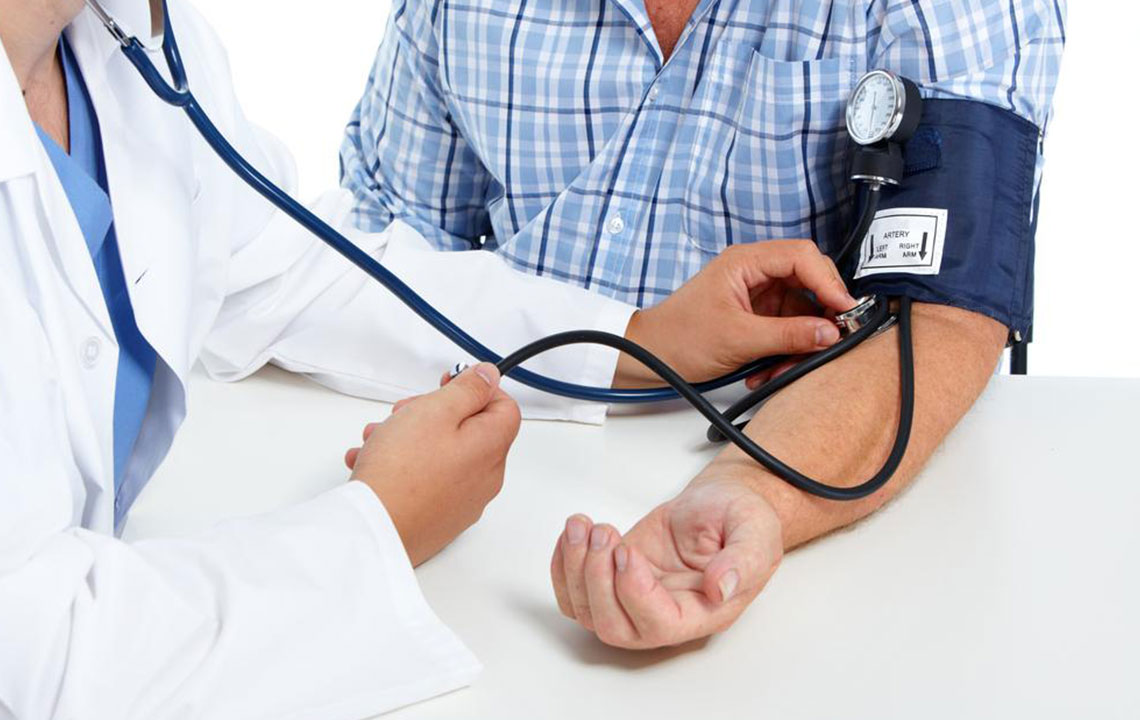
Comprehensive Guide to the Risks Associated with High Blood Pressure and Its Management
High blood pressure, medically known as hypertension, is a common condition affecting millions worldwide. While the exact cause of hypertension often remains elusive, a variety of factors can significantly increase the likelihood of developing this condition. Understanding these risk factors, the potential health hazards of elevated blood pressure, and ways to monitor and manage it is crucial for maintaining overall health and preventing serious complications.
This article delves into the underlying risks associated with high blood pressure, explores the health issues it can cause, and offers insights into effective management strategies, including blood pressure monitoring techniques and lifestyle modifications.
What Causes Elevated Blood Pressure?
Hypertension is a multifactorial condition where both genetic and environmental factors play significant roles. In many cases, the precise cause remains unknown, termed essential hypertension, but research has identified several key contributors that heighten the risk:
Smoking and Alcohol Consumption: Both habits can damage blood vessel walls and cause inflammation, leading to increased resistance in blood flow.
Genetic Predisposition: Family history plays a vital role, with certain gene variations linked to a higher risk of developing hypertension.
Excess Weight and Obesity: Increased body mass leads to higher blood volume and resistance, putting extra strain on arteries and the heart.
High Salt Intake: Excessive consumption of sodium causes fluid retention, raising blood pressure levels.
Stress and Aging: Chronic stress elevates cortisol levels, which can constrict blood vessels. Aging causes the arteries to stiffen, naturally increasing blood pressure over time.
Understanding these factors can help individuals take proactive steps toward prevention and management, including lifestyle adjustments and medical interventions when necessary.
Health Hazards Linked to High Blood Pressure
Uncontrolled or poorly managed high blood pressure can lead to a cascade of serious health problems affecting multiple organs. The primary risks include:
Vascular Damage and Circulatory Problems
Elevated blood pressure exerts excessive force on the artery walls, damaging inner lining cells and promoting the formation of plaque—a fatty substance that narrows the arteries. This process can cause symptoms such as pain, cramps, numbness, and in severe cases, lead to peripheral artery disease. Over time, the arterial walls become less elastic and more prone to rupture, significantly increasing the risk of cardiovascular events.
Kidney Damage and Failure
The kidneys contain a dense network of blood vessels vital for filtering waste. High blood pressure can constrict these vessels, leading to reduced kidney function. Persistent hypertension can cause chronic kidney disease and eventual kidney failure, requiring dialysis or transplantation. Monitoring blood pressure levels and controlling risk factors are essential to preserve renal health.
Impact on Brain Health
Hypertension is a leading cause of stroke and cognitive decline. It can weaken cerebral blood vessels, increasing the likelihood of ruptures or blood clots. Reduced blood flow to the brain can impair cognitive functions and increase the risk of ischemic stroke. Regular blood pressure checks, along with maintaining healthy lifestyles, significantly reduce these risks.
Vision Loss and Eye Problems
High blood pressure can damage the small blood vessels in the eyes, leading to hypertensive retinopathy. This condition can cause visual impairment or even sudden vision loss if untreated. Routine eye examinations and blood pressure monitoring help in early detection and management of ocular complications.
Monitoring Blood Pressure: Tools and Techniques
Effective management of hypertension begins with regular monitoring. Understanding how to interpret blood pressure readings and using proper measuring techniques are vital for detecting elevated levels early. Below is a guide to interpreting blood pressure readings:
Low Blood Pressure (Hypotension): Systolic 50-90 mm Hg, Diastolic 35-60 mm Hg – can cause dizziness, fainting, and inadequate organ perfusion.
Normal Blood Pressure: Systolic less than 120 mm Hg, Diastolic less than 80 mm Hg – optimal for overall health.
Pre-Hypertension: Systolic 120-139 mm Hg, Diastolic 80-89 mm Hg – signals increased risk, requiring lifestyle modifications.
Hypertension Stage 1: Systolic 140-159 mm Hg, Diastolic 90-99 mm Hg – may need medication in addition to lifestyle changes.
Hypertension Stage 2: Systolic 160 mm Hg or higher, Diastolic 100 mm Hg or higher – high risk, often needing medication and strict lifestyle adjustments.
Systolic pressure measures the force during heartbeats, while diastolic reflects pressure when the heart rests between beats. Maintaining these values within healthy ranges is crucial for cardiovascular health. Regularly checking your blood pressure with a reliable sphygmomanometer or digital monitor, and recording the readings over time, allows for better management and early intervention.
Strategies for Managing High Blood Pressure
Controlling high blood pressure necessitates a combination of lifestyle changes, medication adherence, and regular medical check-ups. Some effective strategies include:
Adopting a balanced diet rich in fruits, vegetables, and whole grains—reducing salt intake to less than 2,300 milligrams daily.
Engaging in regular physical activity—aiming for at least 150 minutes of moderate exercise weekly, such as walking or swimming.
Limiting alcohol consumption and quitting smoking—both of which can elevate blood pressure.
Managing stress through relaxation techniques like meditation, yoga, or deep breathing exercises.
Maintaining a healthy weight—losing even a few pounds can significantly improve blood pressure levels.
Following prescribed medication regimens diligently and scheduling regular check-ups with healthcare providers.
In addition to these measures, ongoing research and advancements in antihypertensive therapies continue to improve risk management. Personalized treatment plans tailored to individual health profiles are increasingly effective in preventing complications associated with high blood pressure.
In conclusion, understanding the risk factors and health implications of high blood pressure is vital for early detection and effective management. Regular monitoring, lifestyle modifications, and medical interventions can significantly reduce the risk of stroke, heart disease, kidney failure, and vision problems. By staying proactive and informed, individuals can take control of their cardiovascular health and lead healthier lives.
